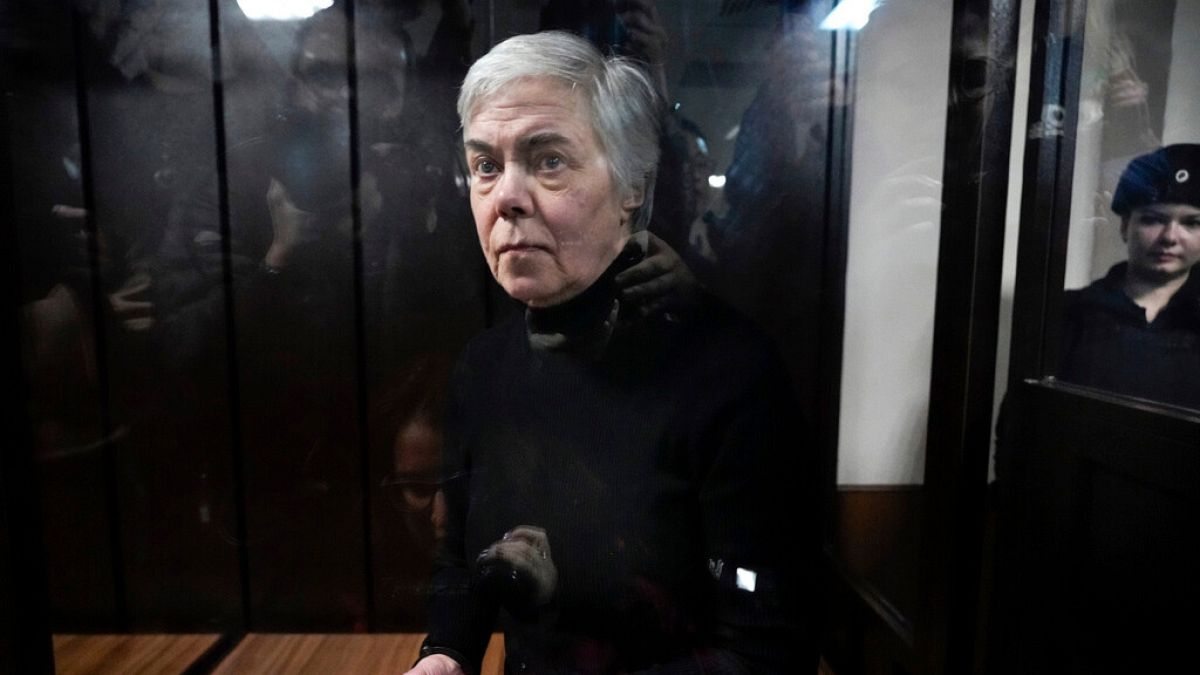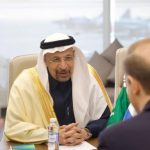Dr Nadezhda Buyanova, a paediatrician, was sentenced to five and a half years in prison for spreading false information about the Russian military. The arrest came after the mother of one of her patients, Anastasia Akinshina, filmed a video complaining that Buyanova criticized Russia’s war in Ukraine. Akinshina alleged that Buyanova told her and her son that his father, a Russian soldier killed in Ukraine, was a legitimate target for Kyiv’s troops, and she also blamed Moscow for the war in Ukraine. Despite Buyanova denying the accusations, the head of Russia’s Investigative Committee demanded a criminal case be brought against the doctor. The defence argued that there was not enough evidence to prove the conversation took place, and that Akinshina fabricated the story out of animosity towards Ukraine.
Buyanova’s case has gained national attention in Russia, with more than 6,500 people signing an online petition demanding her freedom. Supporters of Buyanova have attended court hearings regularly, shouting “disgrace” as the judge read out the verdict. Her lawyer, Oscar Cherdzhyev, expressed surprise at the length of the prison sentence, calling it unexpectedly harsh and monstrously cruel. The case is part of a larger trend in Russia of cracking down on anyone who deviates from the official narrative of the country’s invasion of Ukraine. Laws passed in 2022 prohibit public expression that goes against the government’s line, with spreading false information about the army considered a criminal offense. Over 1,000 people have faced criminal charges related to speaking out against the war, including artist Sasha Skochilenko who was sentenced to seven years in prison for swapping supermarket price tags with anti-war slogans.
The case of Dr Buyanova highlights the increasing censorship and repression of dissent in Russia in the wake of the war in Ukraine. Critics argue that the government is using these laws to suppress any criticism or differing opinions, even from healthcare professionals like Buyanova. The accusations against her have sparked controversy and debate in the country, with many questioning the fairness and transparency of the legal system. Buyanova’s tearful closing statement during her trial emphasized her innocence, stating that as a pediatrician, she would never wish harm upon a child or their family. Her supporters continue to fight for her release, believing that she has been unjustly targeted for expressing her personal opinions.
The sentencing of Dr Buyanova sends a chilling message to others in Russia who may be considering speaking out against the government’s actions in Ukraine. The fear of facing harsh consequences, including imprisonment, has created a climate of fear and self-censorship among the population. The case also raises concerns about the erosion of freedom of speech and expression in Russia, where individuals are increasingly afraid to voice their dissenting views. The legal system’s treatment of Buyanova reflects a broader pattern of crackdowns on dissidents and activists in the country, with the government using laws to silence any form of opposition.
Despite the challenges and risks faced by those who speak out against the government, support for Dr Buyanova remains strong among her followers and advocates. The online petition calling for her release has garnered thousands of signatures, demonstrating a groundswell of public support for her cause. Buyanova’s case has become a symbol of resistance against censorship and repression in Russia, with many rallying behind her as a champion for freedom of speech and human rights. As the country grapples with increasing authoritarianism and restrictions on civil liberties, the fight for justice for Dr Nadezhda Buyanova serves as a powerful reminder of the importance of standing up against injustice and defending the right to dissent.










